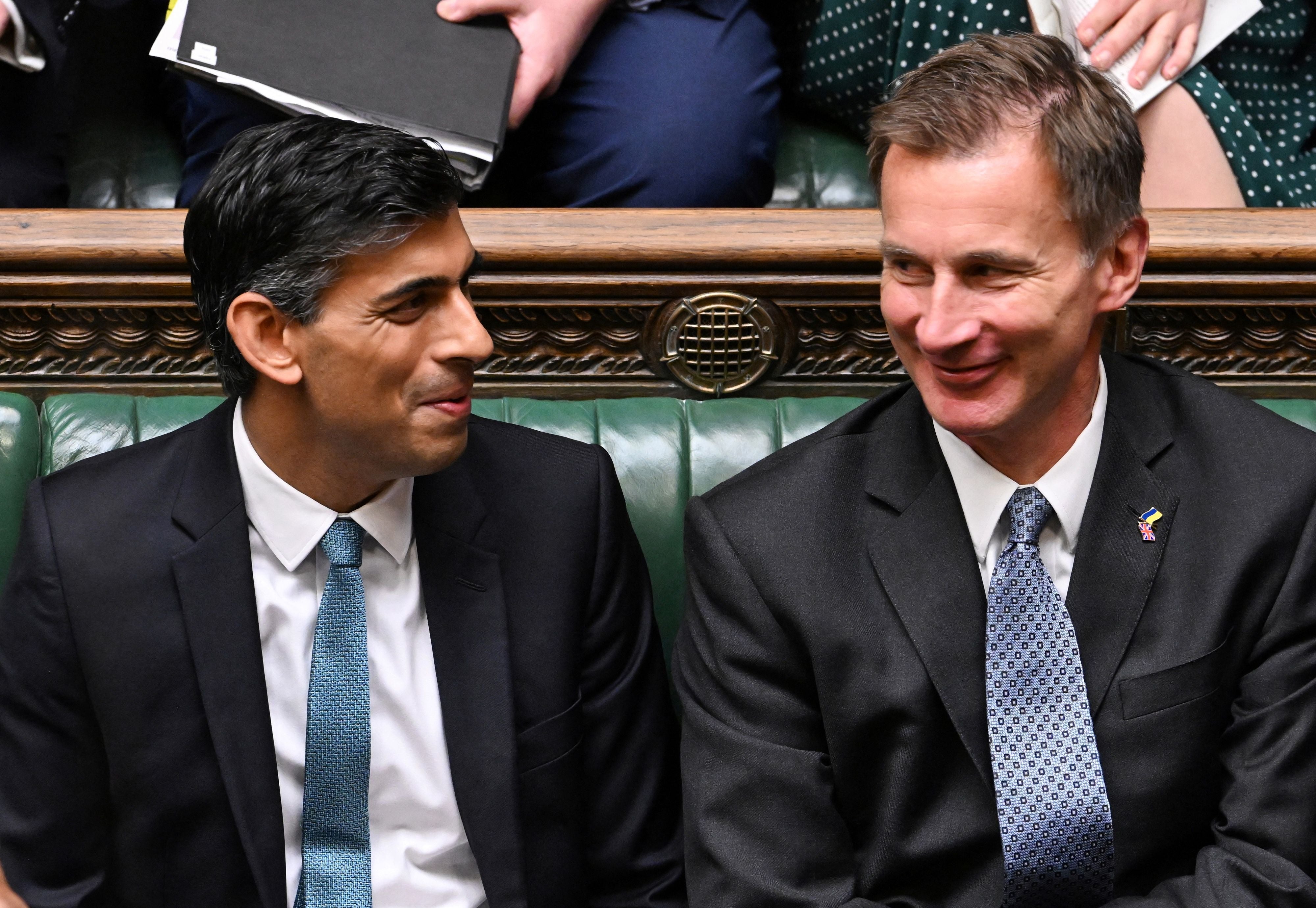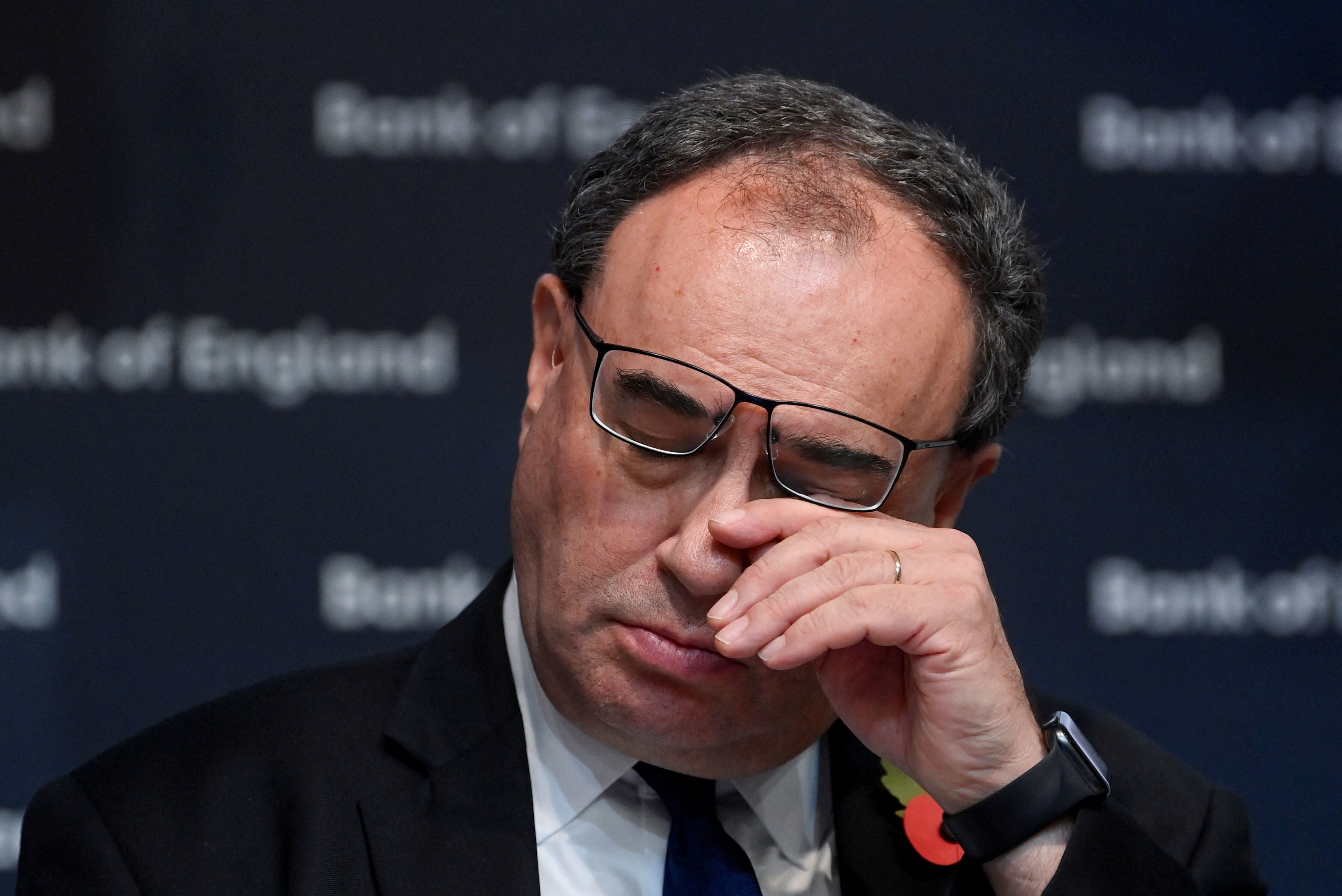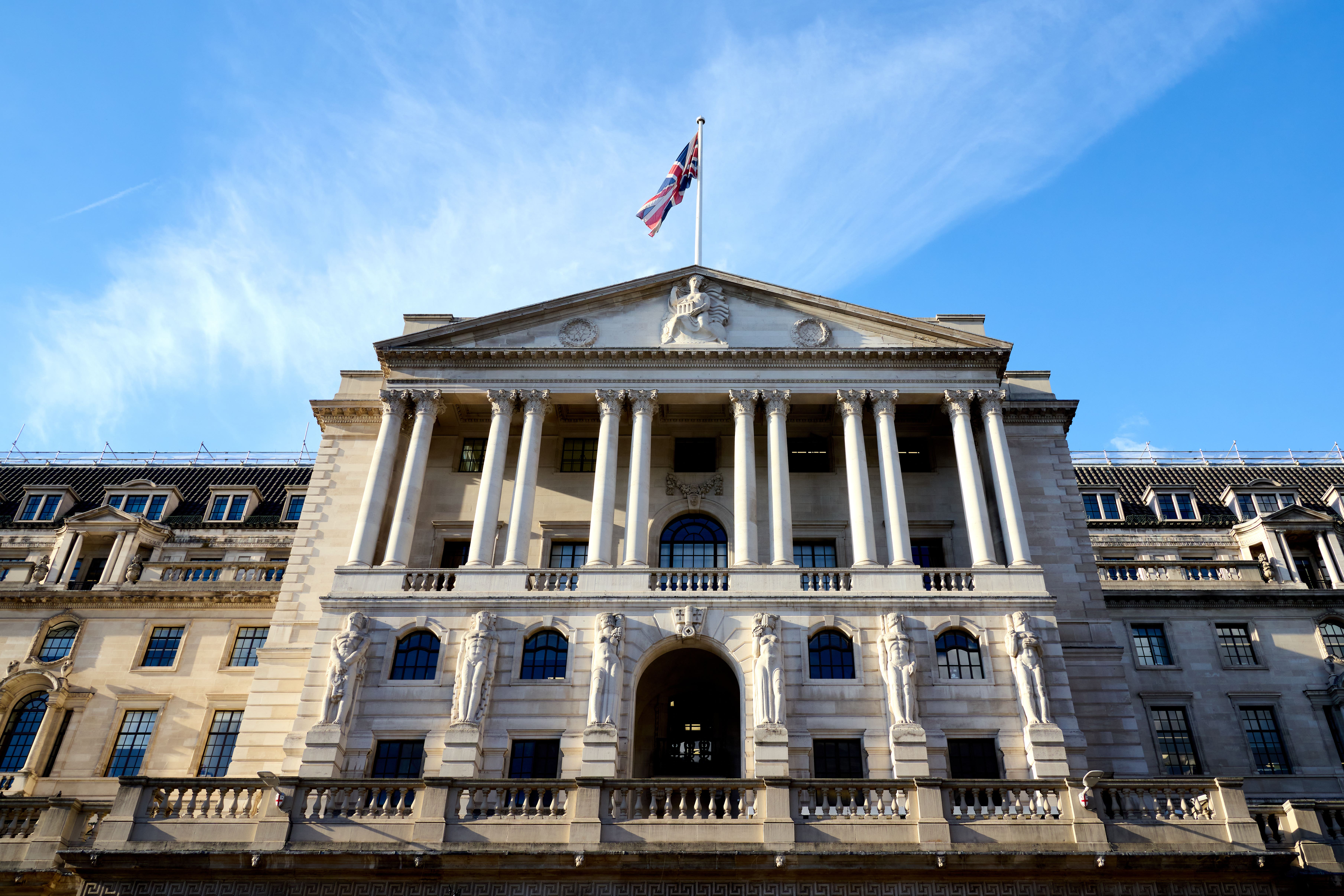Jeremy Hunt plans £35bn spending cut amid recession warning
Britain could be plunged into its longest recession since 1930s, Bank of England warned

Jeremy Hunt will detail spending cuts totalling at least £35 billion in his autumn statement later this month, according to a report.
The chancellor is also expected to announce tax rises totalling at least £25bn in his statement on 17 November, which was pushed back from its original date of 31 October.
Some of the tax rises being considered include freezing income tax thresholds, targeting dividend tax relief, a raid on capital gains allowances and the 40 per cent pensions tax relief on pension savings for those earning more than £50,270, The Guardian reports.
Previously, Mr Hunt has said the guiding principle will be that “those with the broadest shoulders should be asked to bear the greatest burden”.
His spending cuts and tax rise plans will total around £60bn, according to The Guardian – which has cited early drafts of the Tory government’s autumn statement.
Ministers must submit the key points of the autumn statement to the Office for Budget Responsibility (OBR) by tomorrow (Monday) morning.

Some other decisions to be made by ministers could be controversial among Tory MPs.
They include the possibilities of raising benefits in line with inflation – currently at 10 per cent – and breaking the pensions triple lock guarantee.
The decisions are likely to be made within days so that the OBR could factor them into forecasts, Treasury sources also reportedly said.
The predictions for the autumn statement come after the Bank of England forecast last week that higher interest rates would push the British economy into its longest recession since the 1930s.

Earlier this week, the Bank of England announced yet another increase to the base rate of interest – the highest in 33 years since Black Wednesday in 1992.
On Thursday, the Bank raised interest rates from 2.25 per cent to 3 per cent. The 0.75 per cent rise is the eighth interest rate rise since last year in a bid to control inflation.
The Bank’s governor Andrew Bailey said: “We can’t make promises about future interest rates but based on where we stand today, we think Bank Rate will have to go up by less than currently priced in financial markets.
“If we do not act forcefully now it will be worse later on.”

Meanwhile, the cancellation of the 1.25 percentage point rise in national insurance has come into effect.
The rise was introduced when Boris Johnson was prime minister and Rishi Sunak, who is now PM, was chancellor, in April.
It was then reversed by Mr Hunt’s predecessor Kwasi Kwarteng in his and former PM Liz Truss’s infamous mini-budget last month that caused chaos by spooking the markets.
The levy was devised by Mr Sunak when he was chancellor to raise about £13bn a year to pay for social care and deal with the NHS backlog that built up during the Covid pandemic.
When announcing the reversal, the Treasury said most employees will receive a cut to their national insurance contribution directly via their employer’s payroll in their November pay, although some may be delayed to December or January.






Join our commenting forum
Join thought-provoking conversations, follow other Independent readers and see their replies
Comments